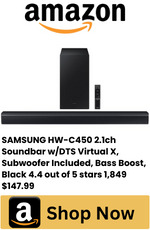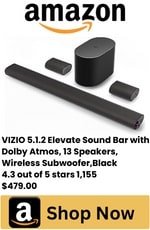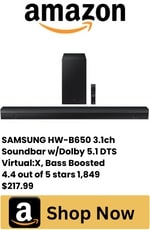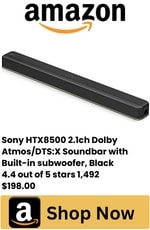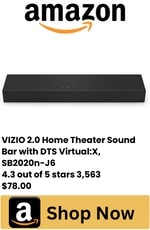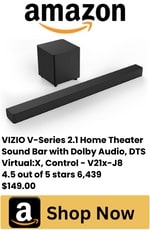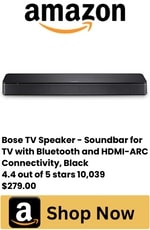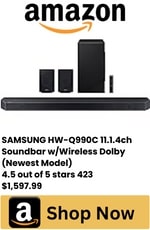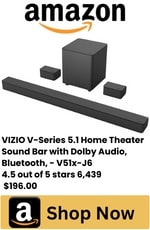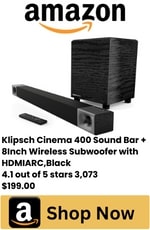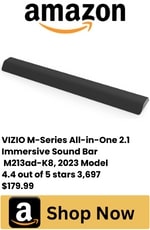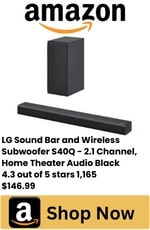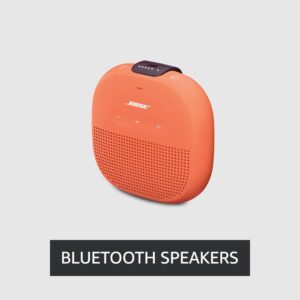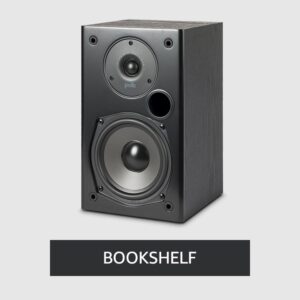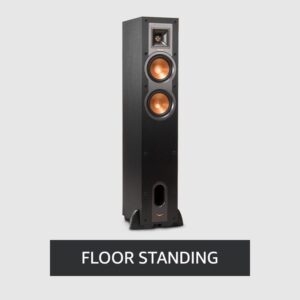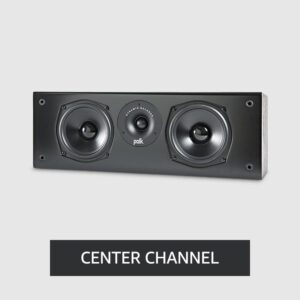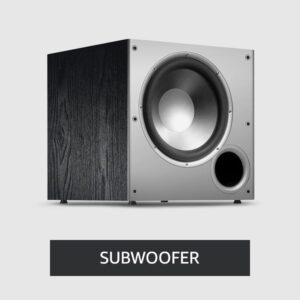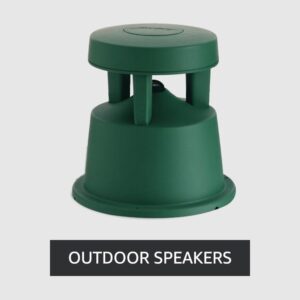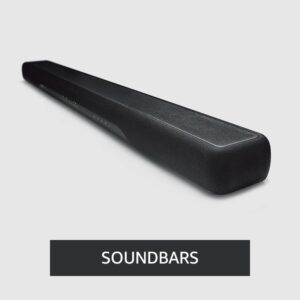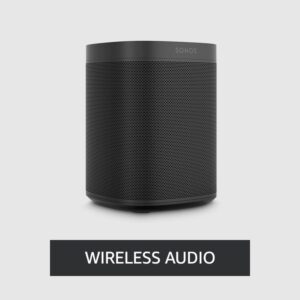IPX8 vs IP68 | Waterproof/Dustproof Rating Guide
IP rating stands for “ingress protection rating” or International Protection Rating’. A rating system is used to indicate the degree of protection provided by an enclosure against the intrusion of foreign objects (e.g. dust) and water.
The IP Code, also known as the Ingress Protection Code or International Protection Code, is a standard set by the International Electrotechnical Commission (IEC) that classifies the degree of protection provided by the enclosures of electrical equipment against the intrusion of solid objects, dust, water, and other foreign substances.
The IP Codes are usually followed by two numerals representing the level of protection. The first digit indicates the degree of protection against foreign solid objects, while the second digit indicates the degree of protection against liquids. For example, an IP68 rating means that the device is completely protected against dust and can be submerged in water or liquid resistance beyond 1 meter for an extended period of time.
The IP Code is commonly used in electronic devices, telecommunications, and construction industries to ensure that products meet the required level of protection for their intended use. Note, IPX8 is a product rating that sometimes has a number replaced with an X.
The IPX8 vs IP68 ratings are relative to the product’s ability to protect against solid objects (dust), whereas IP68 means the product is durable against water and dust.
It is important to understand that any IP Ratings with an X instead of the first digit is not tested for solid objects like dust. If it is instead of the second digit, it means that it was not tested for liquids such as water.
I recommend buying any product that has been put through both tests because then you will know what it can resist and cannot.
IPX8 vs IP68 rating comparison here.
We recommend you read the complete guide to IPX waterproof ratings before visiting for the first time.
Table of Contents
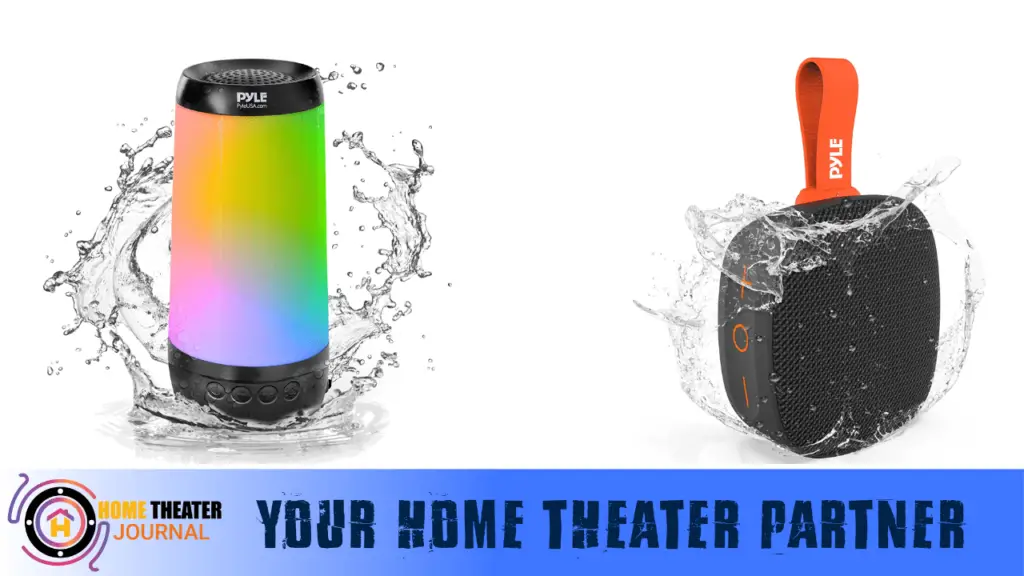
Here’s a comparison table between IPX8 VS IP68 ratings:
| Features | IPX8 | IP68 |
|---|---|---|
| Dust-proof | Not specified | Yes |
| Water-resistant | Yes, for continuous immersion beyond 1 meter | Yes, for immersion beyond 1 meter |
| Waterproof | Yes, for continuous immersion beyond 1 meter | Yes, for immersion beyond 1-meter |
| Protection against water depth | Can be submerged beyond 1 meter deep | Can be submerged beyond 1 meter deep |
| Protection against water pressure | Not specified | Can withstand high water pressure |
| Protection against dust | Not specified | Fully protected against dust resistant |
| Example devices | Waterproof watches, earbuds, smartphones | Waterproof smartphones, tablets, cameras, smartwatches |
Note that the IPX8 rating only certifies the device’s ability to withstand continuous immersion beyond 1 meter deep for a specific amount of time but does not specify any protection against dust or water pressure. On the other hand, the IP68 rating certifies that the device can withstand immersion beyond 1 meter deep and provides complete protection against dust and high water pressure.
Which is better, IPX8 or IP68?
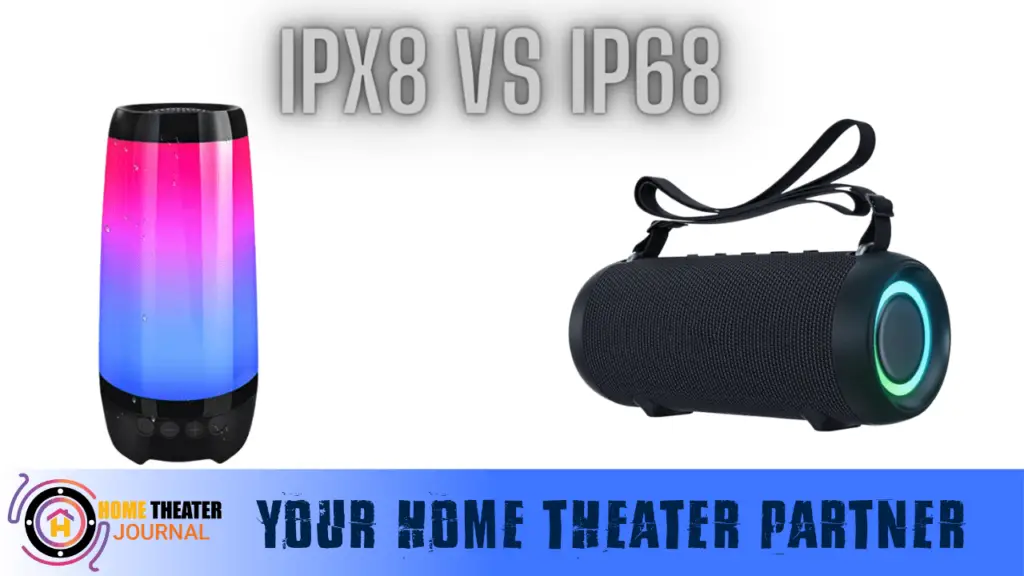
Suppose you are going to buy a device. When two different brands for the same device are showing you ratings that are IPX8 and IP68, you are sure to be wondering which one is the better one.
The “X” indicates that the product has not been tested. This means that the value that will not be tested could be either the lowest or the highest. Thus, a numeric value would be better.
Solids are protected by a maximum value of 6, while liquids are protected by a maximum value of 8.
Unlike IPX8, IP68 tests products against solids and has passed all tests, giving the maximum value of 6. Unlike IPX8, IP68 tests products against solids and has passed all the tests. Thus, IP68 is far superior to IPx8.
The two devices are 100% waterproof; however, IP68 is said to be the only one fully weatherproof because it can withstand both solid and liquid conditions simultaneously.
Related: IPX4 vs IP55, IPX5, IPX7, IP67, IP44, IP24, IP78
Would it be better to buy an IP68 or IPX8-rated product?
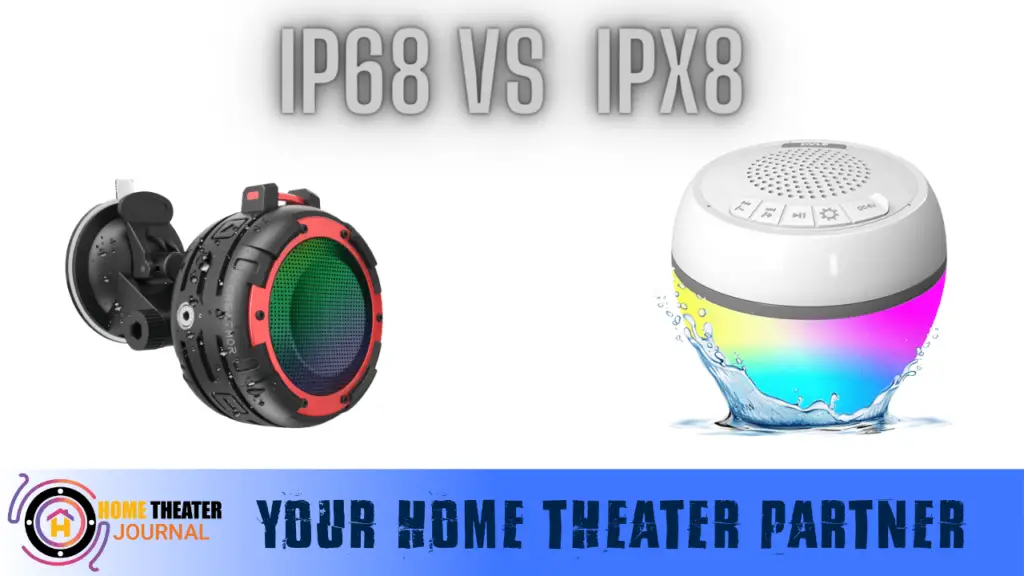
If you want to use your product outside your door, the best option is to get an IP68 Rated product because it protects against liquids and solids.
Water shouldn’t be an issue since both devices are waterproof. Dustproof products are only needed if you need them.
To ensure that a product is IP68-compliant, you should check if it is expected to be used in dusty environments. If the product description does not mention “waterproof” or is vaguely described as such, please get in touch with the manufacturer for more information.
You don’t need to buy a product that is IP68 if you’re only going to use it in neat, clean areas since IPX8 is sufficient.
This was all about comparing IPX8 and IP68 ratings for waterproofness and dustproof. Thank you for understanding. It will help you make a better decision.
Related: IPX7 vs IP67
FAQ’s
What is the difference between IPX8 and IP68 water resistance ratings?
IPX8 is a rating that indicates a device can be submerged in water beyond one meter for an extended period. In contrast, IP68 indicates that the device is dust-tight and can withstand submersion in water up to 1.5 meters deep for 30 minutes.
Can a device with an IPX8 rating withstand the same level of water exposure as one with an IP68 rating?
No, a device with an IPX8 rating is not guaranteed to withstand the same level of water exposure as one with an IP68 rating. While both ratings indicate a high level of water resistance, IP68 offers better protection against water and dust than IPX8.
Are devices with an IP68 rating more expensive than those with an IPX8 rating?
Generally, devices with an IP68 rating are more expensive than those with an IPX8 rating due to the higher level of protection they offer against water and dust. However, pricing may also depend on other factors, such as the device’s overall quality, brand, and features.
Do all smartphones have an IPX8 or IP68 rating or are other water resistance ratings available?
No, not all smartphones have an IPX8 or IP68 rating code. Other water resistance ratings, such as IPX6 and IPX7, indicate a device is protected against water exposure to a lesser extent. Some smartphones may also have their proprietary water resistance technology.
Is there a specific level of water pressure or immersion duration that devices with IPX8 or IP68 ratings can withstand?
To be water-resistant, devices with IPX8 or IP68 ratings must meet specific standards. For IPX8, a device must withstand being submerged in water beyond one meter for an extended period. For IP68, a device must withstand submersion in water up to 1.5 meters deep for 30 minutes. However, it’s worth noting that some manufacturers may claim even higher levels of water resistance for their devices.

Author: Baqarrasheed
I know all about home theater items! I have been doing this for more than three years now. I am good with things like sound systems, TVs, projectors, and all that cool entertainment gear. I like to help folks by testing and talking about these gadgets on Hometheaterjournal. I want to make sure everyone can create an awesome entertainment setup at home without any confusion.
I write the creative content for HometheaterJournal.



